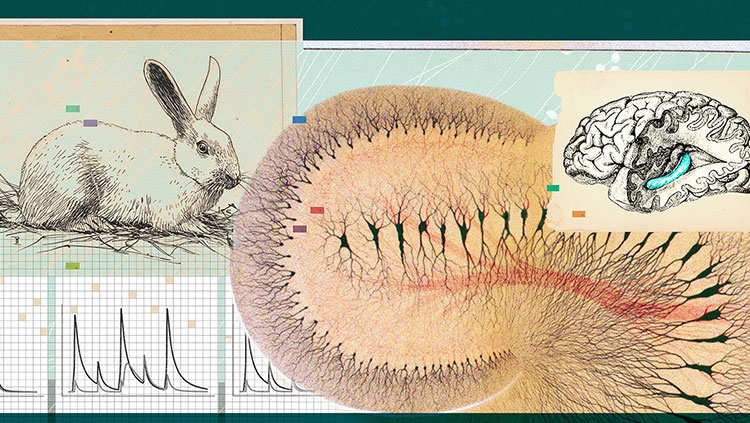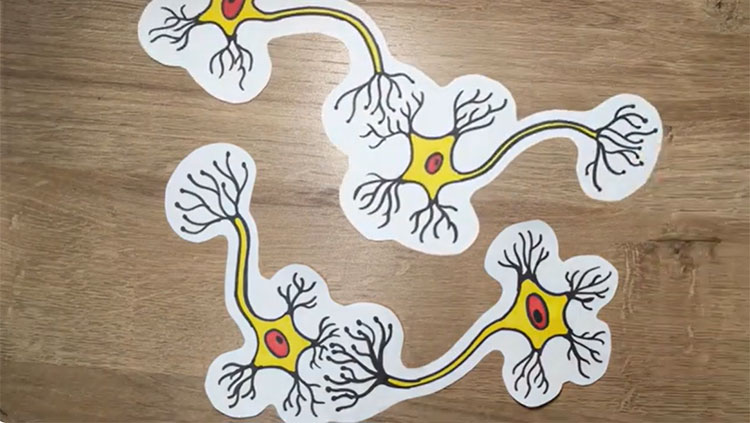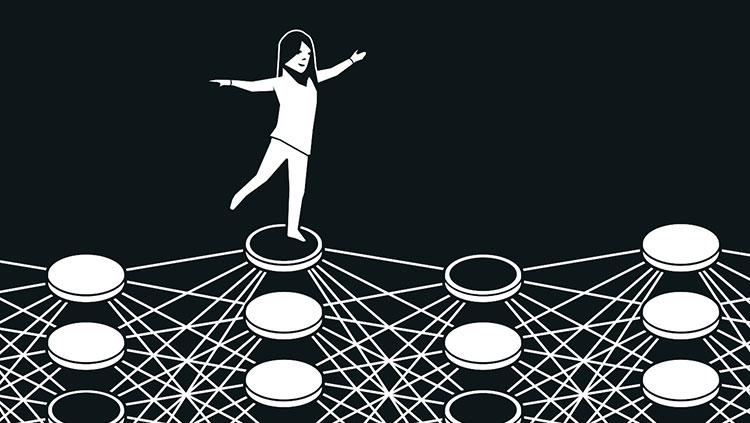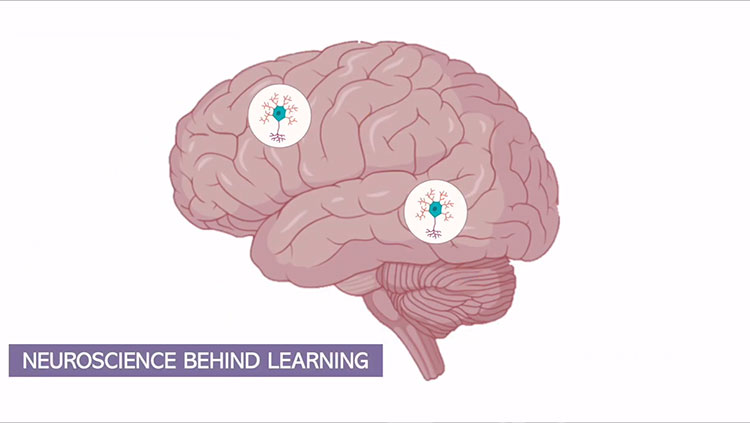Our Memories Are Not as They Seem
- Published8 Oct 2021
- Source BrainFacts/SfN
The memories stored in our brains can change for many reasons, such as the passage of time or the context surrounding our memory recall. And some of the events we think we remember may not have even happened in the first place.
This is a video from the 2021 Brain Awareness Video Contest.
Created by Disha Choksi.
CONTENT PROVIDED BY
BrainFacts/SfN
Transcript
memory formation has several steps
after the data is temporarily
transcribed by neurons in the cortex
it travels to the hippocampus where
special proteins work to strengthen the
synaptic connections
if the memory is strong enough or
repeated enough times
the hippocampus transfers the memory to
different places in the brain
depending on the type of memory such as
the prefrontal cortex
or the cerebellum for storage without
the hippocampus to perform the
consolidation
memories would erode like messages
scrawled in the sand
[Music]
it's easy to assume that your memory
works like a camera
you take snapshots of your life and
sometimes it's hard to find a picture
or you accidentally delete or lose one
but the ones you keep
are a good record of what actually
happened
but psychologists who study memory
actually think it works more like a
wikipedia page
you can trust it as a general reference
but every time you remember something
you can make changes to it and so can
other people
in fact there are loads of ways that
your mind can be tricked into making a
false memory
[Music]
one way is through suggestion dropping
hints that something happened in a
certain way
through word choice in one experiment
researchers played college students a
video of a car crash
and asked them questions one group was
asked how fast the cars were going when
they smashed into each other
and the other group was asked how fast
the cars were going when they hit
each other the difference in words
affected their memory when the word
smashed was used the estimates
increased by about three miles per hour
then a week later they were all asked
whether they saw broken glass in the
video
in the group where the word smashed had
been used 16 people remembered broken
glass
compared to seven in the other group
when in fact there was no broken glass
at all there are hundreds of other
experiments proving this point too
[Music]
it turns out we're also bad at
remembering if an event happened in the
first place
instead of just dreaming it up this is
called source misattribution
in particular i remember my eighth
birthday party when i'd gone to a water
park with my family
that memory is so blurry to me now i
doubt it even being real
but then i asked my parents turns out it
was
but another type of false memory was
ingrained into that one
i remember sliding down a wavy slide and
at the end of the slide seeing the
shelter area
which had banners all around it i saw
the banners as saying happy birthday
disha
i felt ecstatic and over the years i
thought i was famous
all from this one false memory my
parents version of the story was quite
different
they remember the wavy slide and the
banner being hung on the circular dome
while i thought it was rectangular and
apparently the banner said happy diwali
i found this quite hard to believe as my
birthday is in april
both views seem very unrealistic and
bound to
have been false memories or at least
distorted ones
but regardless of the years of being
told otherwise by my parents
i still believe my memory and it doesn't
matter to me if it was false or not
because deep down in my heart i know
that my version of the story
was correct
Also In Learning & Memory
Trending
Popular articles on BrainFacts.org

















